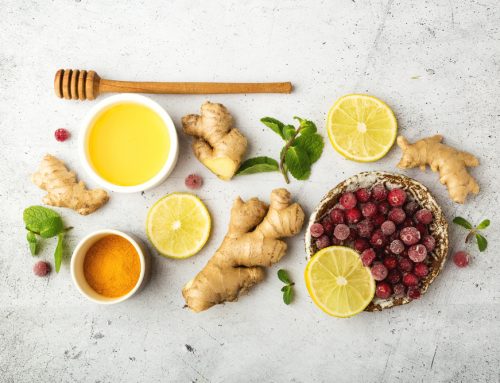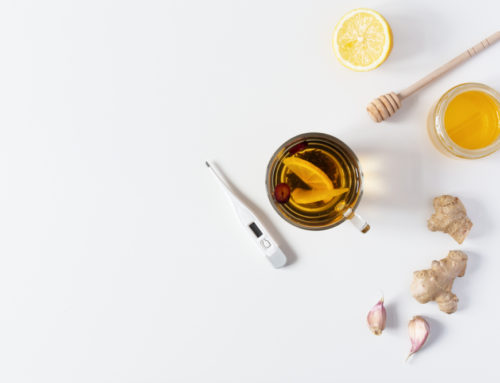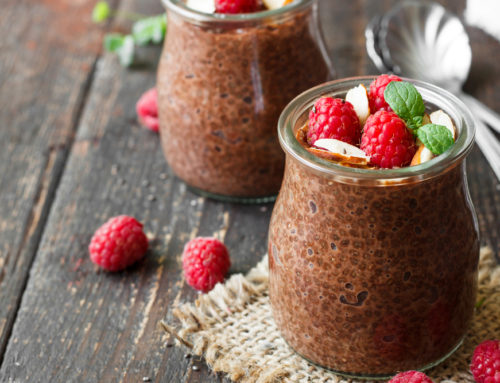By Dr. Kathleen Regan, ND
Did you know that herpes can be worse in the winter? We are talking about both types of herpes – oral & genital. The cold weather places a big burden on the immune system which allows the herpes virus to thrive. The herpes virus lives in the nervous system where it hides from the immune system. But when our immune guard is down (during long, cold winters), the virus emerges. The best way to treat herpes naturally is by supporting the immune system. This will prevent the need for conventional medications during acute breakouts. Below is a summary of up-to-date facts on the virus, dietary tips, as well as chronic & acute naturopathic treatments for the herpes virus.
- Roughly62% of adolescents are infected with HSV-1 (Oral Herpes)
- Roughly 25% of the population test positive for HSV-2 (Genital Herpes)
- Only 10-20% of individuals who test positive by blood have actually had lesions (That means many people don’t know they have the virus!)
- The first episode is usually the most severe and can involve lethargy, fever, headache and swollen glands (especially in the groin)
- Once exposed the virus will typically take 3-5 days to cause an outbreak (Although, the virus can incubate for much longer)
- Re-occurring infections are typically less severe
- The virus incubates in the nervous system where it lives until it is periodically reactivated
- The virus can ‘shed’ meaning that it can be transmitted from one person to another even when symptoms aren’t present (this is in 5-10% of infected individuals)
- The most serious complication from HSV-2 (Genital Herpes) is transmission from mother to her newborn child where the virus is most dangerous (this is often avoided with C-Section deliveries where the baby won’t be exposed to the virus)
- All HSV infections establish latency and are considered incurable
- Immune supportive therapy and antiviral therapy can reduce the frequency and duration of episodes
- Learning to identify prodromal symptoms such as itching, tingling, numbness is important for early treatment
- Open conversations with sexual partners helps prevent the spread
- Speaking with a counselor to process feelings and fears around sexuality and intimacy can help to reduce stress and therefore prevent future outbreaks
Herpes Triggers Include
- Depression/Anxiety
- Trauma to the mucosa (mouth or genitalia)
- Fever
- Menses
- Poor Sleep
- Immune Deficiency
- Spicy Food
Nutrition
A diet that reduces high arginine foods and increases lysine-rich foods is helpful. The HSV virus needs arginine to replicate. Lysine competes with arginine in the body. Lysine also has an antiviral effect. Following the Mediterranean Diet Guidelines can be helpful. Read More…
- Maximize intake of vegetables, fruit, whole grains and legumes
- Consume high lysine meats including fish, turkey and chicken
- Reduce fat intake
- Eliminate refined sugar and chocolate
- Avoid food additives, coloring agents, pesticides and herbicides
- Reduce salt and alcohol intake
- Reduce almonds, cashews, sunflower seeds and peanuts
Supplementation Maintenance & Acute:
Maintenance
- Lysine
- Vitamin C & Bioflavonoids
- Zinc
- Antiviral & Immune Boosting Herbal Tea, Tincture or Tablets
Acute Outbreaks
- Lysine
- Vitamin C
- Vitamin E Topically
- Honey Topically
- Aloe Cream Topically
- Lemon Balm Cream Topically
- Herbal Suppositories (for Genital Herpes): these need to be compounded by your ND during acute episodes. As for more details.
Herbal Medicine
The main goal of herbal medicine is to support the immune system, suppress viral infection, reduce stress and reduce pain. Helpful herbs include: Echinacea, Reishi mushroom, Licorice, Lemon Balm, St. John’s Wort, Siberian Ginseng. Ask your ND for a herbal treatment regimes that is right for you
Conventional Treatment
Conventional Anti-Viral Therapy may be required at certain times. Acyclovir ointment and orally is a common treatment & can certainly be effective at preventing a painful outbreak. Other common conventional medications are Valacyclovir and Famir. Working naturally to support the immune system and reduce stress will prevent the need for conventional medications long-term.
Resources
Griffith RS, Walsh DE, Myrmel KH, Thompson RW, Behforooz A. Success of L-lysine therapy in frequently recurrent herpes simplex infection. Treatment and prophylaxis. Dermatologica. 1987;175(4):183-90.
Singh BB, Udani J, Vinjamury SP, Der-Martirosian C, Gandhi S, Khorsan R, Nanjegowda D, Singh V. Safety and effectiveness of an L-lysine, zinc, and herbal-based product on the treatment of facial and circumoral herpes. Altern Med Rev. 2005 Jun;10(2):123-7.





